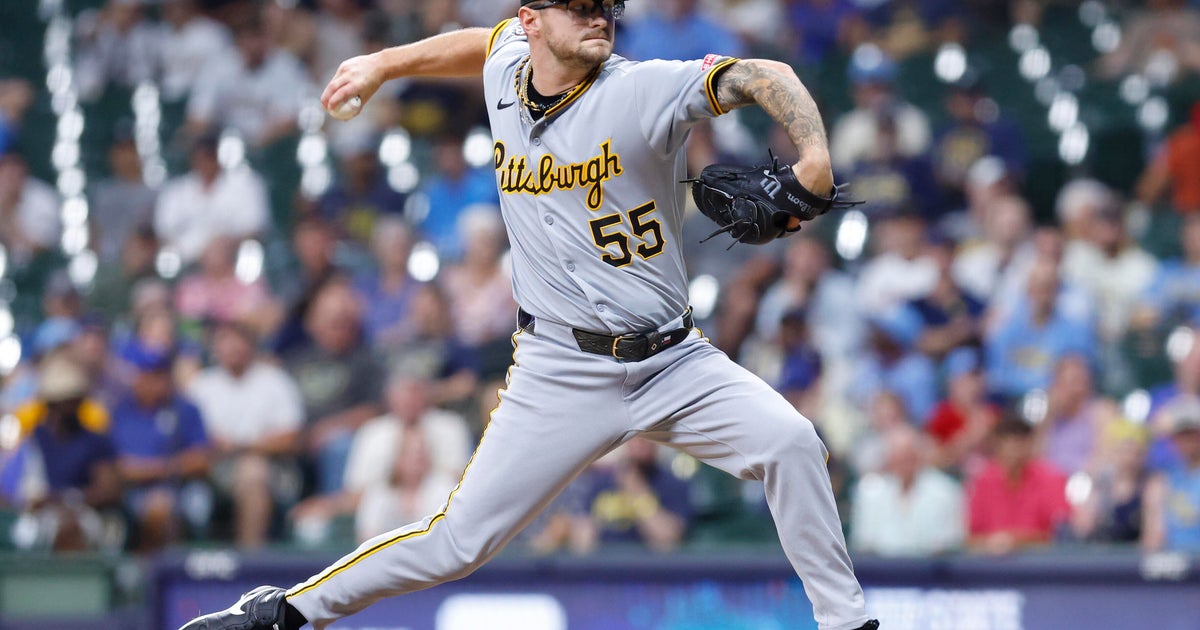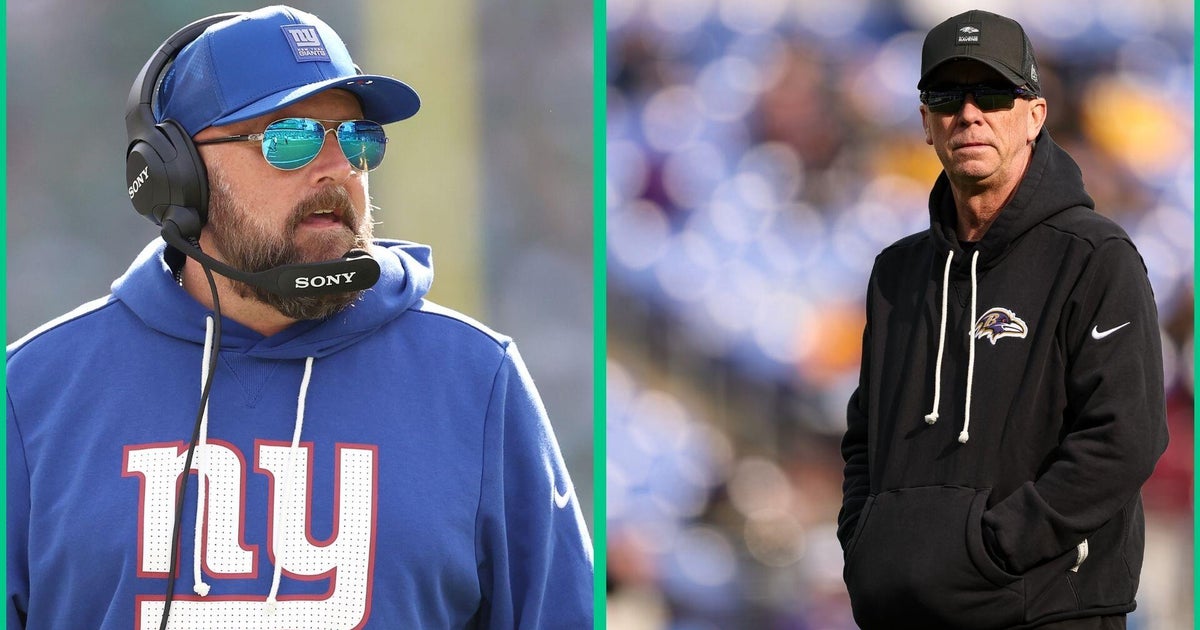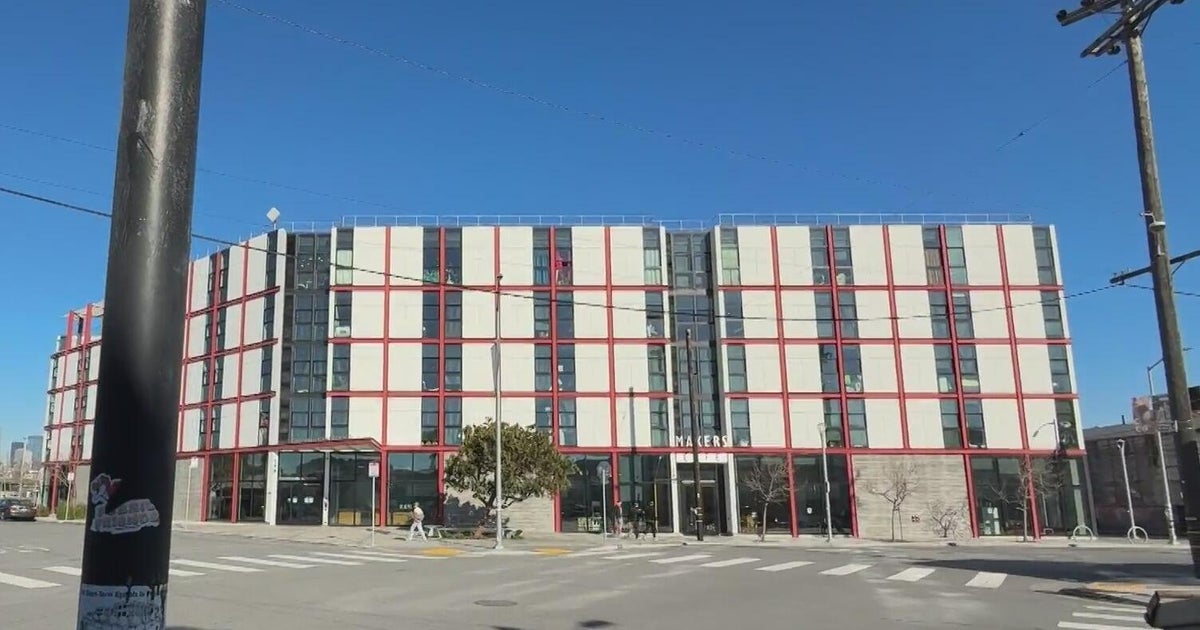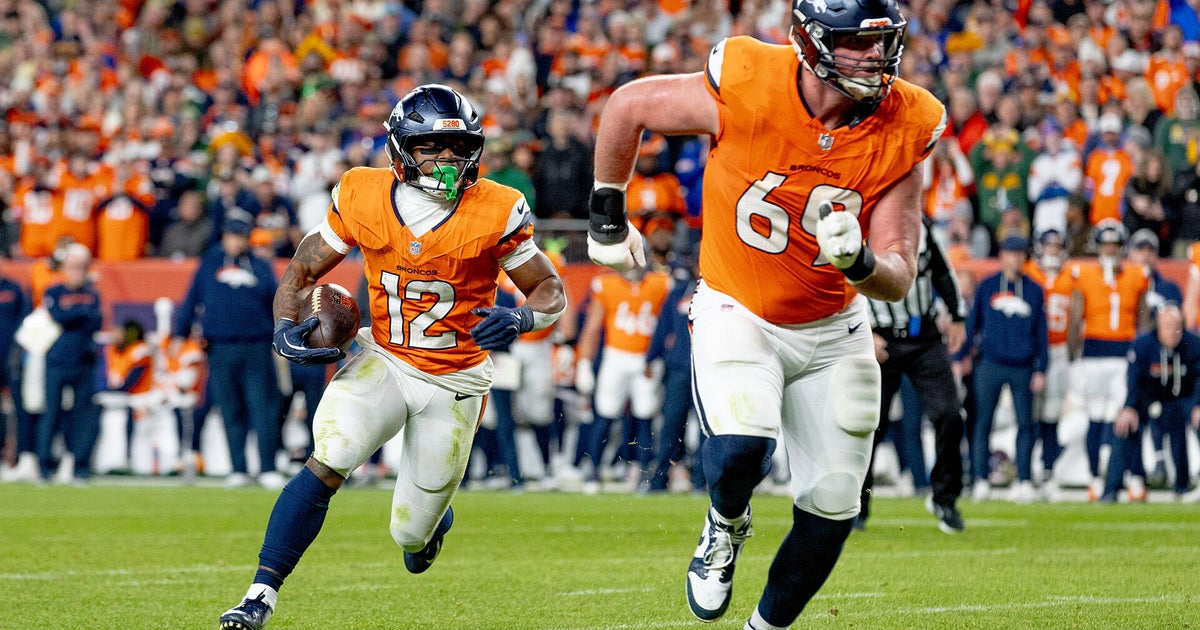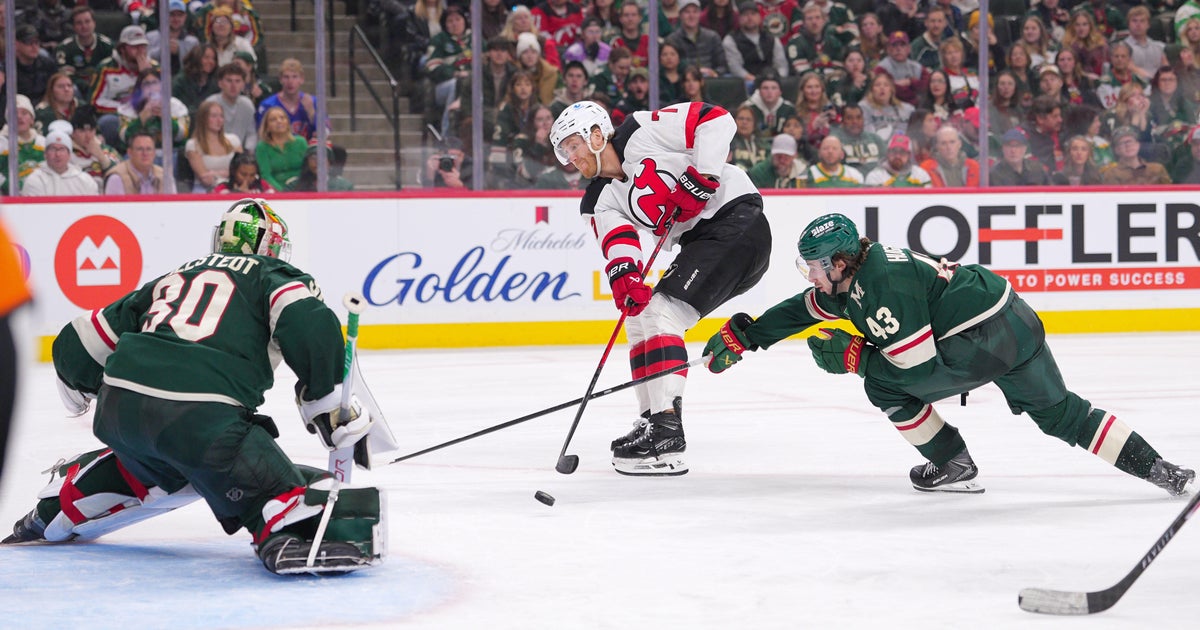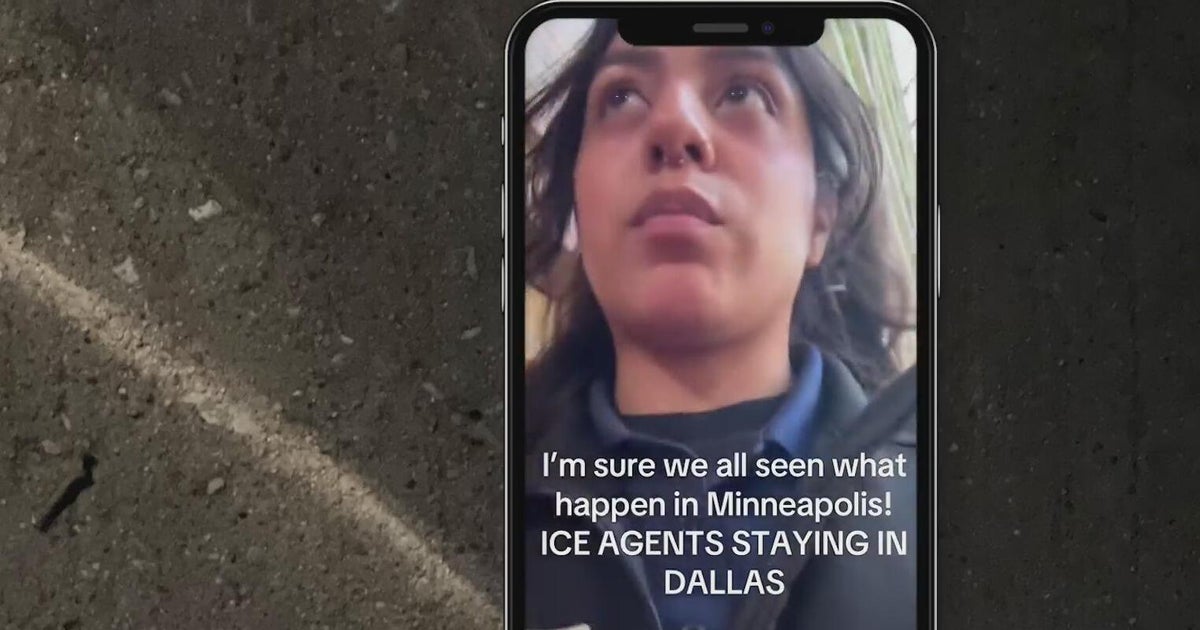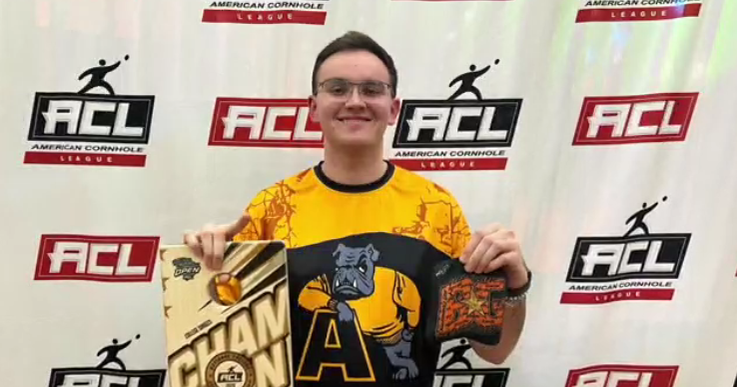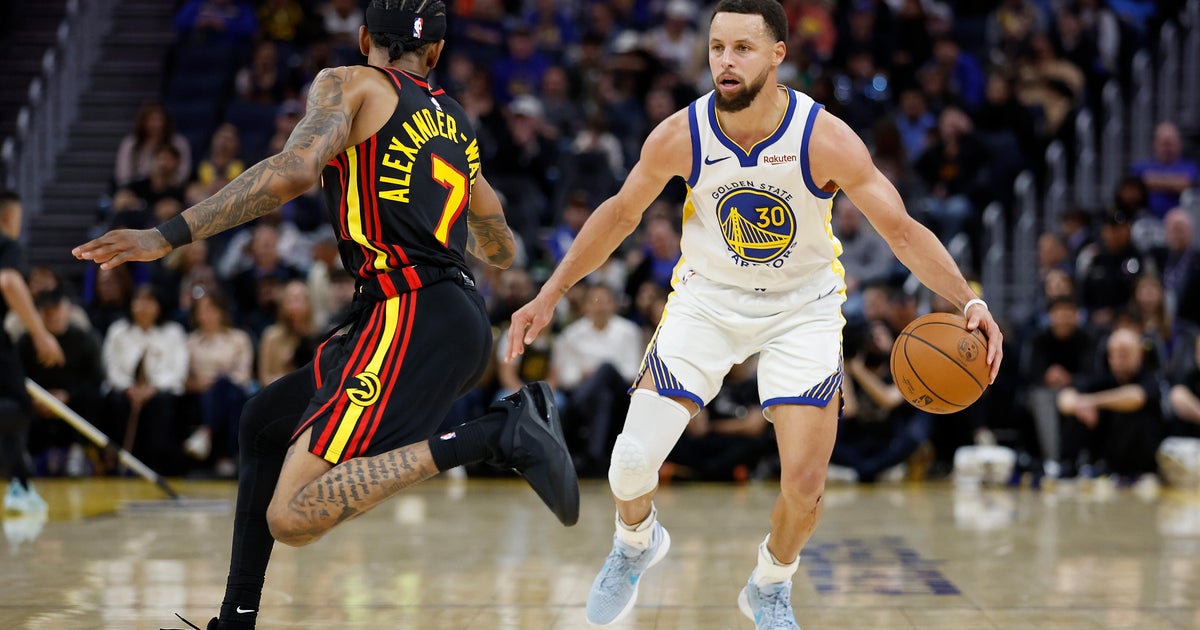Keefe To The City: Goodbye, Jorge Posada
By Neil Keefe
» More columns
The closest I have ever come to meeting Jorge Posada was on Oct. 17, 2004. How do I remember the date? Because it was the night the Yankees lost Game 4 of the ALCS.
I was a freshman in college in Boston and my friend Scanlon and I were walking down the street from our Beacon Hill dorm recapping what had just unfolded in the ninth inning and then the 12th inning. The Yankees were staying at a hotel in Downtown Crossing right down the street from our dorm and we were standing on a corner recapping the events of the loss, knowing that it hurt, but that a 3-1 lead was insurmountable for the Red Sox.
The Red Sox tied Game 4 on a stolen base by Dave Roberts, but that night it was just another stolen base among the many other stolen bases in postseason history. It hadn't become a play that haunts my life or a scene that's enshrined as you walk down the hall to the Fenway Park press box. Dave Roberts was still just some 32-year-old veteran the Red Sox acquired at the deadline. Sure, he stole second and scored the tying run in an elimination game, but who cared? The Red Sox' win in Game 4 was just prolonging the inevitable.
Scanlon and I stood on a street corner in Downtown Crossing while he smoked a cigarette realizing that the Red Sox had Pedro Martinez and Curt Schilling lined up for Games 5 and 6 and possibly Derek Lowe on short rest in Game 7 if the series had to go that far. But I reassured a nervous Scanlon that the Yankees just had to win one game before the Red Sox won three.
As we stood on the corner and talked, I remember Scanlon's face growing with shock as he looked over my shoulder and then at me before giving me one nod to let me know someone was behind me on the sidewalk we were partially blocking. I turned around and standing in front of us was Jorge Posada, who had just gotten out of a cab and was trying to walk down the middle of the sidewalk we were occupying. We moved aside and Posada walked past us without saying a word. He didn't look mad, but he didn't look happy. He looked serious and determined, but also worried. Or maybe I only remember him as looking worried since I now know what happened over the next three nights. At the time no one could have known what would happen in Games 5, 6 and 7, but that night after Game 4 with Jorge standing dead quiet right in front of us and waiting for us to move, it was almost like he knew the Yankees were on the ropes, the same way Joe Torre described the feeling of nowhere to turn in The Yankee Years.
I knew I would eventually have to write this. And I know I will eventually have to write about the end of Derek Jeter's career and the end of Mariano Rivera's career. (I'm holding out hope that they both find a way to play until they're at least 65. It's not that unrealistic for Rivera at this point.)
There aren't any other franchises or fan bases that have ever had the chance to experience what the trio of Jeter, Rivera and Posada meant to Yankees fans for the last 20 years. The three of them first played together in the minors in 1992, and now two decades and five championships later, the first of the three says goodbye to Yankees fans. So, this is my chance to say goodbye to Jorge Posada.
I was eight years old when Jorge Posada played his first game as a Yankee, 17 Septembers ago. I will be 25 for the start of the 2012 season, the first season without Jorge Posada on the roster since I was in fourth grade.
"The only thing that matters is when the team wins."
Jorge Posada was the pulse of the Yankees during the 15 of 17 years he played a significant amount of games. He wore the team's recent result on his sleeve and in his postgame remarks. You didn't need to see the game to know if the Yankees were riding a seven-game winning streak or if they had just dropped a series at home by watching Posada during the postgame or reading his quotes the following day. He wouldn't give the vanilla and automated answers that Derek Jeter gives or sugarcoat things like Joe Torre did or Joe Girardi does. Posada was in many ways the voice of the fan, and if things were going bad, he let everyone know almost as if he were the most prominent sports radio caller.
That's what I loved about Posada. He would tell it like is. A win was satisfying, but that feeling would only last until the next game. A loss was devastating and that feeling would last until the next win. Posada always carried the personality of the fans, or at least the fans that give the Yankees 162 days and nights of their attention and then October, and those that live and die with each win and each loss throughout the season.
"Growing up, I kind of liked the way he (Thurman Munson) played. I didn't see much of him, but I remember him being a leader. I remember him really standing up for his teammates, and that really caught my eye."
"If I see a problem (in the clubhouse), I say something right away. I don't wait two or three days."
Even though he was part of the Core Four, it always seemed like he took a backseat to No. 2 and No. 42 and Andy Pettitte.
Jeter's the "Captain" and the face of the franchise, the homegrown wonder and the universal symbol of a winner.
Rivera is the greatest closer of all time, as close of a lock and guarantee that there is in baseball and the king of cool with no emotions and no signs of fading even in his 40s.
Pettitte was the homegrown lefty that won more postseason games than anyone else in the history of baseball, along with Rivera produced the most wins-saves combination for any starter-closer duo in history and was always there for Game 2 of any postseason series.
Posada was the starting catcher for all this time, loved by the fans, showered with "Hip, Hip" chants and the visual leader on the field and in the clubhouse. But outside of the tri-state area it always seemed like he didn't receive the credit and attention that the other three garnered.
You could make the case that Posada was the most important Yankee of the dynasty since reaching the majors. Think about this: The Yankees have made the postseason every season since 1995 except 2008 when Posada's season was cut short in July for shoulder surgery.
"I'm a lot older. I'm wiser. I know what to do now, and hopefully, I don't get in (anybody's) way."
"Some of the guys don't like to come out of the lineup. I'm one of them."
Eventually people won't talk or care about Posada's 2011. Yes, it happened and there were some low points, but it did nothing to impact his legacy with the Yankees or change what he accomplished in his career with the team. His 2011 started great, got bad, got worse, got better, got worse, got better and finished great.
We watched Posada start the year with six home runs in his first 16 games. We watched him go 9-for-72 (.125) in April and 14-for-64 (.219) in May. On June 7 he was hitting .195 before going 22-for-63 (.349) from June 9 to July 5 to raise his average to .241. In August he lost his full-time designated hitter job and became part of a platoon before being benched indefinitely. He returned to the lineup on Aug. 13 against Tampa Bay after a week off and went 3-for-5 with a grand slam and six RBIs in the Yankees' 9-2 win at the Stadium. He finished the year by clinching a postseason berth for the Yankees on Sept. 21 in the eighth inning of one of the most emotional moments in the early three-year history of the new Stadium (where he also hit the first home run in the new place in 2009.) He finished his last season by 6-for-14 with four walks in the ALDS, battling every pitch and grinding out every at-bat the way he had so many times before.
No one wants to come to the realization that their abilities are no longer what they once were, especially someone as proud as Posada, who will watch Jeter and Rivera continue to matter for the Yankees along with a new generation. It would be one thing if the Core Four all left at the same time, but for Posada (three years older than Jeter and two years younger than Rivera) to watch his teammates dating back to 1992 in the minors continue to play without him is a lot harder than any of us can imagine coping with.
I'm happy that Jorge Posada took the $117,458,500 or so he made in his career and decided that the only hat he would put on is a Yankees hat. It would have been disappointing to see him with the Indians or the Mariners or the A's (I'm just naming teams and I'm not sure if any of these teams were actual options), and it would have hurt to see him return to the Stadium to a "Welcome back" ovation before hitting a straight A.J. Burnett fastball into the Yankees' bullpen.
"I don't want to be gone. I don't want to be somewhere else. I consider myself a Yankee."
I will remember Jorge Posada for his bloop double against the Red Sox in Game 7 of the 2003 ALCS that tied it all at 5 and gave me the type of sports high that you only get a handful of times in your life, if you're lucky.
I will remember Jorge Posada for laying the tag on Jeremy Giambi on the "Flip Play" to save the 2001 season and give Yankees fans an unbelievable memory.
I will remember Jorge Posada for the 293 times in the regular season that he walked to the mound to shake Mariano Rivera's hand after a save. And I will remember him for taking that same walk and doing that same handshake following all the postseason saves as well.
I will remember Jorge Posada for the two emotional games in 2011. The grand slam game in his return to the lineup on Aug. 13, and the game-winning hit in the postseason clinching game on Sept. 21.
I will remember Jorge Posada for standing in the Fenway dugout during Game 3 of the 2003 ALCS and letting Pedro Martinez he wasn't going to stand for his antics. I will also remember him for the bench-clearing brawl he started at the Stadium against the Blue Jays on Sept. 15, 2009.
I will remember Jorge Posada for the go-ahead solo home run he hit against the Twins in Game 3 of the 2009 ALDS just four pitches after Alex Rodriguez tied the game with a solo shot of his own as the Yankees tried to end the World Series drought.
I will remember Jorge Posada for his .429 batting average and .571 on-base percentage in the five-game loss to the Tigers when it seemed like he was the only guy who didn't want to go home while those who have guaranteed contracts in 2012 and beyond failed in big spots.
I will remember Jorge Posada for being part of five championships, for building the team into what it is today and for being a major reason why I enjoy baseball and like the Yankees as much as I do today.
I'm going to miss, "Number 20 … Jorge Posada … Number 20."
Follow Neil on Twitter @NeilKeefe
